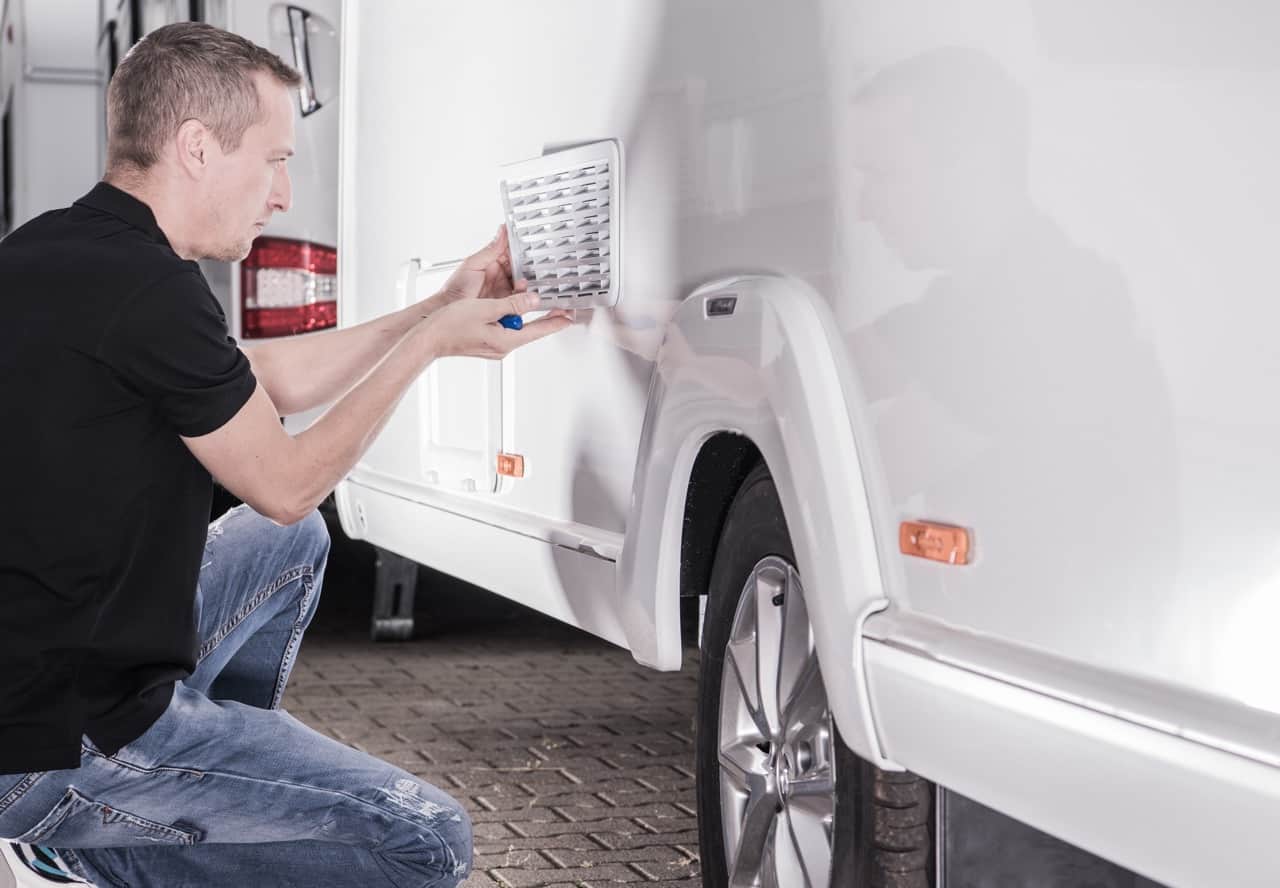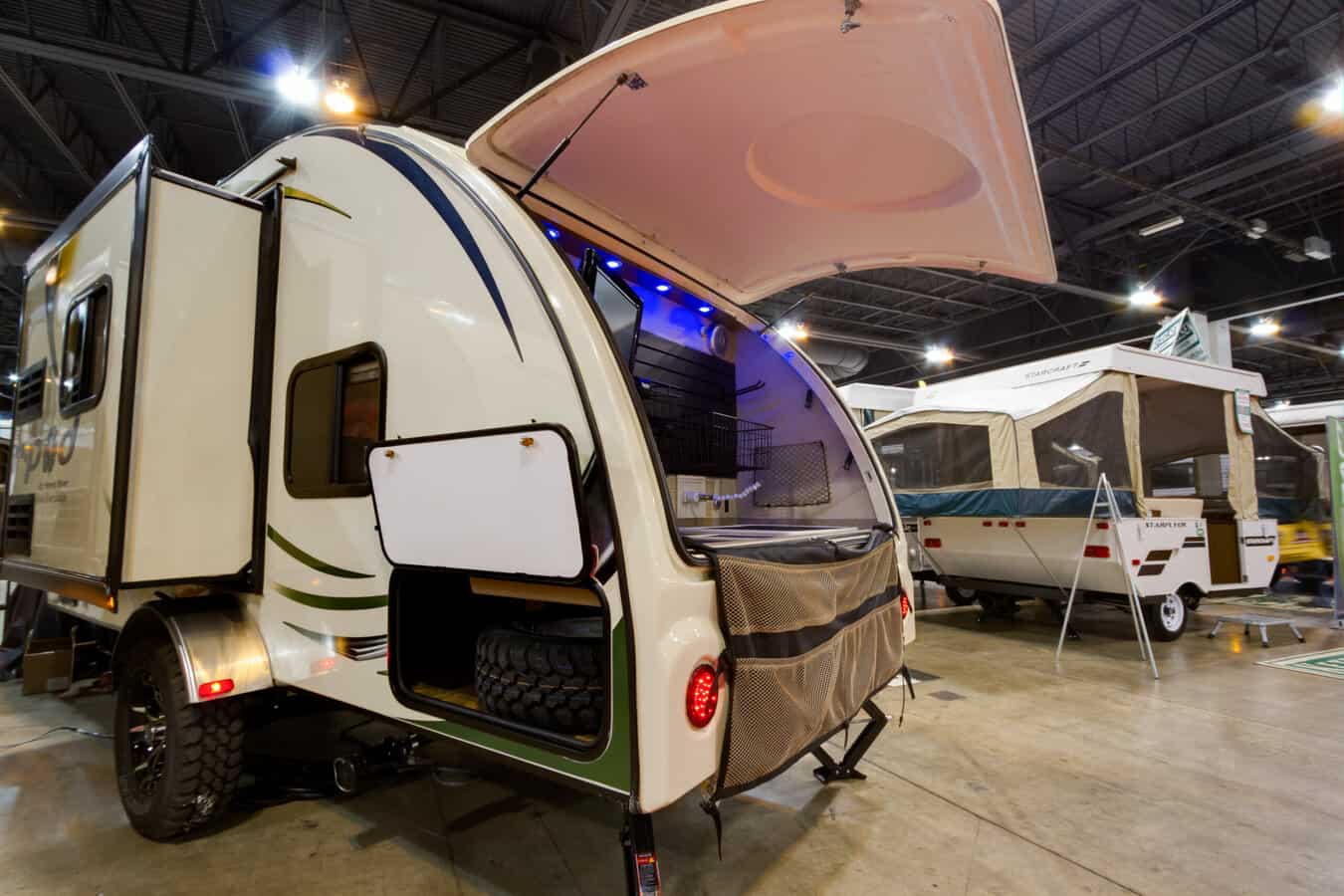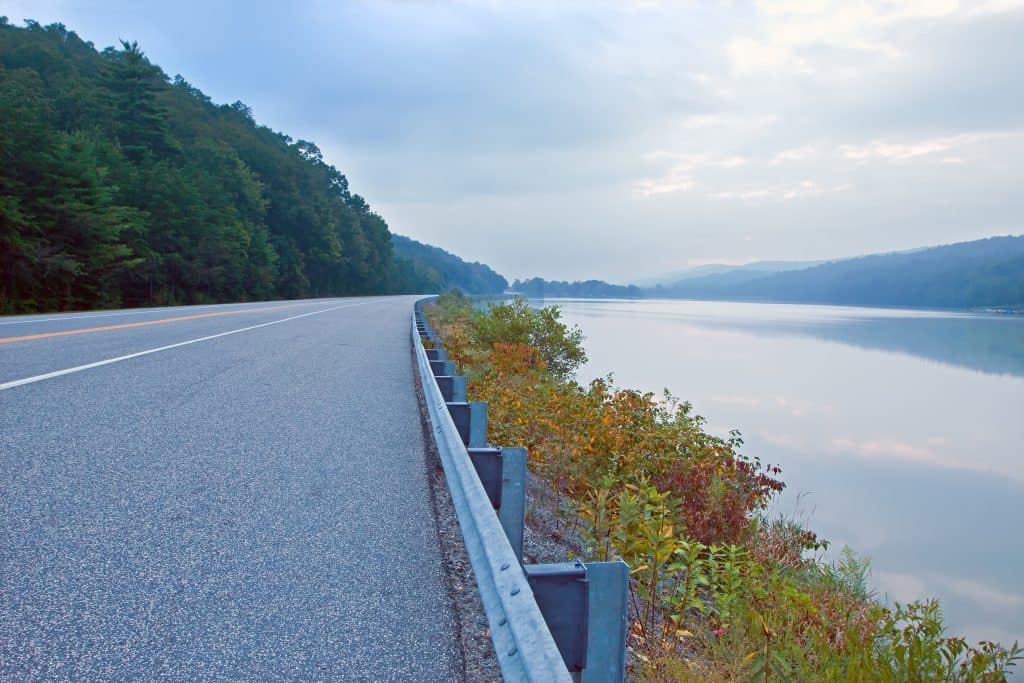
The thought of cruising down the open road with your entire living space right behind you is appealing, but the nagging what-ifs about danger on the road can crush your travel trailer dreams.
Automotive liability insurance coverage may cover many of the costs associated with damage from a travel trailer due to an accident, so there is no legal requirement to purchase travel trailer insurance. However, optional insurance policies are available for recreational vehicles which cover important aspects of owning a travel trailer.
We’ll discuss below some key reasons you might want an insurance policy that specifically covers your travel trailer and the possible dangers of going without it so that you can evaluate the risks and benefits for your situation.
Insurance Coverage for Travel Trailers
Like any insurance policy, coverage and coverage requirements vary widely between states, insurance companies, and price points. Generally, most automotive insurance policies will extend your automobile’s coverage to a personal travel trailer being pulled by the insured vehicle at the time of an accident.
For your travel trailer to be covered by your automobile insurance, it may also need to be owned by you and registered in your name. Rented or borrowed travel trailers may not be eligible for insurance coverage under your existing auto policy.
The coverage extended to your travel trailer under your existing automotive policy is typically provided under your automobile’s liability insurance.
It is generally assumed that damage or accidents involving towable vehicles are connected to the individual actions of the insured driver of the vehicle towing the trailer.
Liability insurance coverage involves both bodily injury liability and property damage liability. Bodily injury coverage pays for expenses related to third-party injuries, and property damage liability pays to repair the damage done to the property that you do not own.
Neither of those aspects of liability insurance helps to cover the costs of damage done to your travel trailer.
To understand what coverage your existing automotive policy gives to the travel trailer you’re towing (or planning to tow), speak to your insurance agent.
Types of Travel Trailers Eligible for Insurance
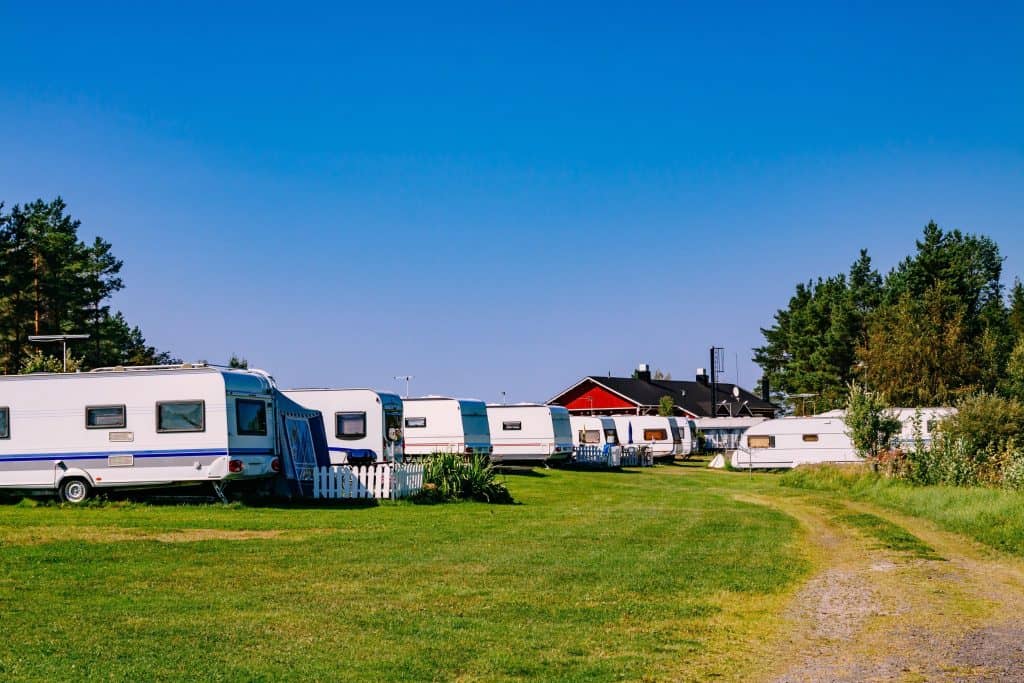
To understand what kind of insurance coverage you need, you may also need to know what type of travel trailer you have. Insurance companies, campgrounds, and even some recreational vehicle manufacturers may classify travel trailers differently.
Broadly, recreational vehicles fall into three different types. Class A motorhomes are the largest and strongest driveable RVs.
Class B motorhomes are also driven but are much smaller, often the size of a large van, typically without slide-out features.
Class C motorhomes fall between Class A and Class B in size and have overcab extensions that give more living space.
Often included in the Class C designation is any recreational vehicle that is non-motorized. Non-motorized vehicles can also be classified on their own to comprise a fourth type of category: Campers and Trailers.
Because these recreational vehicles are non-motorized, they are designed to be towed behind another vehicle.
Some types of campers and trailers included in this category include the following:
- Cargo or Utility Trailer. This is the smallest of the towable trailers and is usually not designed for human occupancy. These are often used for a single horse or other small cargo.
- Toy Hauler or Horse Trailer. Much larger than the cargo trailer, these trailers are also not designed for occupancy. Instead, these trailers are meant to transport horses, ATVs, and other large cargo.
- Mounted Truck Camper. While this kind of camper is meant for people, it is also meant to sit on top of a truck rather than to be towed behind. A mounted truck camper sits mostly on the truck bed while an extension fits onto the top of the truck. Compact and economical, these campers are around 18-21 feet long and can sleep up to six people. These campers are good for first-timers and do not usually have bathroom or kitchen facilities.
- Pop-up Tent Trailer. This small trailer ranges between an average 12-23 feet when opened and has collapsible sidewalls. Just like the name, these are similar to a tent in the materials used and having collapsible features means that they are easy to tow. Because of their small size and portability, these trailers do not have private bathrooms.
- Fifth Wheels. These trailers are fairly large and get their name from the design of the trailer. Fifth wheels are easily recognizable because of the raised front section that is elevated off the ground and extends over the bed of the truck towing it. The raised area adds extra room to the living space and is often used as a private bedroom. Fifth wheels average 21-38 feet in length and usually have multiple slideout areas.
- Conventional trailers. These vehicles average between 12-40 feet in length and often include a living area that includes a bathroom, dining space, and bed or sleeping area. Some insurance companies or campgrounds may call these types of conventional trailers “travel” trailers or “bumper-pull” trailers.
Types of Insurance Coverage
Once you know what kind of travel trailer you have, you can explore insurance options. Insurance, like “trailer,” is also a broad term that describes different types of coverage.
When considering what kind of insurance coverage your travel trailer needs, think about the following types of insurance and what costs they cover:
- Liability Coverage. As we’ve already mentioned, liability insurance covers the costs related to damages caused to someone else by you or your travel trailer. This coverage for your trailer is often covered under your automotive insurance policy.
- Campsite and Vacation Liability. This specific kind of liability insurance protects you if someone is injured in or near your recreational vehicle when you are parked rather than in motion.
- Medical Payments Coverage. This type of insurance is a specific policy to cover medical costs for you if you are at fault in an accident. This will also cover your passengers as well.
- Collision Coverage. When you get into an accident on the road, collision coverage will kick in. This protects the structure of the vehicle and some of the interior features and is usually subject to meeting your insurance deductible.
- Uninsured or Underinsured Coverage. A policy of this type protects you in the instance that a driver who damages your property does not have sufficient insurance coverage.
- Contents Coverage. When your travel trailer contains personal belongings, contents coverage protects the value of these assets. Individual items like electronics, appliances, jewelry, and other valuables might not be covered under other insurance policies and can be pricey to replace.
- Comprehensive Coverage. This coverage helps with damages that occur to your recreational vehicle for reasons other than accidents. This can include damages from fire, water, weather conditions, or vandalism.
Many insurance companies have policies specific to RVs, and some of your concerns (like household items that travel with you) may be covered under other insurance policies you already have. Check your homeowner’s insurance or supplemental insurance policies for items like artwork or jewelry to know what you may need additional coverage for.
Benefits of Travel Trailer Insurance

If you have a travel trailer, you likely want to protect your investment and travel insurance is designed to do exactly that. While your travel trailer is a big expense and most of us need to pinch our pennies, travel trailer insurance can be well worth the additional expense.
RVs are larger than cars, making them bigger risks for on-road damages. Because they are also more mobile than the typical residence, they are also at more risk for structural damages than a home would be.
There are a lot of benefits to having a policy that specifically covers your travel trailer. Some of those benefits include things you might not necessarily think about.
While your travel trailer isn’t a vehicle in itself, an accident that damages your truck or SUV may also impair your ability to tow your travel trailer. Damage to your travel trailer may also inhibit your vehicle’s capacity to tow it to a repair shop.
If your insurance policy includes towing or roadside assistance, you could avoid a pricey towing fee or having to abandon your travel trailer on the road while you go for help.
Accidents aren’t the only things that can cause significant damage to the exterior of your travel trailer.
Another benefit of additional insurance could be protection against things like damage from trees, heavy winds, fire, hail, or flooding. Acts of nature may be beyond your control, but insurance can protect your pocket when they do happen.
Automotive liability insurance also won’t protect your travel trailer and its contents from acts of human nature. While it isn’t pleasant to think about, damage to your travel trailer from vandalism, theft, or broken glass is both expensive and time consuming to repair.
Especially if you are (or want to be) a full-time RVer, or you consider your travel trailer a primary residence for all or most of the year, you may find a huge benefit in having an insurance policy that is similar to a homeowner’s policy to maximize your coverage and protection.
Overall, the biggest benefit of having an insurance policy specifically for your travel trailer is the way it pays off for your own peace of mind.
Making sure that you have coverage for necessary items like generators, additional features like awnings and steps, and your individual personal belongings can make a huge difference in how much you enjoy your time on the road.
Risks of Going Without Travel Trailer Insurance
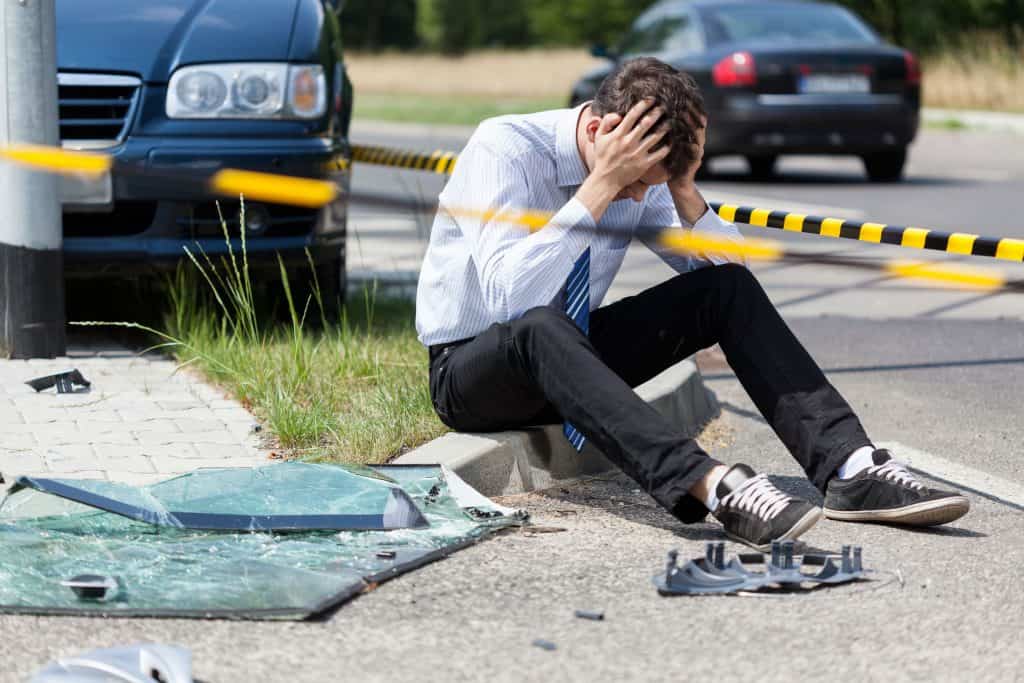
There really aren’t any risks against having travel trailer insurance because it is specifically designed to protect you and your travel trailer, but there are definitely some major risks in regard to going without additional insurance.
The biggest risk you can incur is the way not having travel trailer insurance can negatively impact your wallet. When you purchase a travel trailer, you are making an investment and that investment should be protected so that your investment money doesn’t go to waste if your travel trailer is damaged.
Even minor damage to your travel trailer can be costly and time-consuming to repair, leaving you in a tough spot if you are miles from home.
Having the appropriate amount and type of insurance for your travel needs can make a huge difference in the way damages are handled and how quickly you can get back on the road.
If damage to your travel trailer is extensive or irreparable, you could find yourself without it altogether. If you are still making payments on your travel trailer when that level of damage happens, you could lose the investment you’ve made and still be in the hole.
Comprehensive or total replacement policies could protect you in this kind of situation, but if you’ve decided to forgo an insurance policy, then your options are extremely limited.
Costs of Travel Trailer Insurance
One of the biggest reasons people choose to go without travel trailer insurance is the cost of additional insurance. It is easy to think that your homeowner’s insurance and automotive insurance are enough, and while for some people they might be, travel trailer insurance doesn’t have to be a huge expense and it can definitely be worth the money you put into it.
There are lots of resources for new RVers to explore that help demystify the ins and outs of travel trailer insurance.
Consumer Advocate groups, RV forums, and insurance companies are happy to provide you with information that can help you figure out how much travel trailer insurance will cost and how you can be sure that you are protected.
Many insurance companies provide side-by-side comparisons of insurance coverage options and costs so that you can compare various types of policies and compare those insurance policies to similar travel trailer insurance policies offered by their competitors.
You can also speak to your current insurance agent to see about bundling your travel trailer insurance policy with other policies you currently own, like your homeowner’s insurance policy or your automobile insurance policy. Bundling insurances can save you money which could make it possible to increase the insurance coverage you can afford.
Where Can I Get Travel Trailer Insurance?
Once you’ve decided to protect your investment with travel trailer insurance, it can be hard to know where to start. There are a lot of insurance companies with a wide variety of coverage options at different costs.
Not all insurance companies are the same, and you want to be sure that your insurance money goes to a quality company that you can count on when you need to make a claim.
You might consider what aspects of an insurance company are most important to you.
Do you need a policy that you can access easily online? Is customer service and phone accessibility important to you? Would you prefer a nationwide company with locations where you can speak to someone in person? Are you willing to sacrifice service for cost?
When you know what aspects of an insurance company are most important, you can start shopping.
Ask your friends and family what insurance they use and like. Visit RV message boards and forums to see what insurers your peers like. Real people giving real reviews can let you know what it is like to work with an insurer when a claim needs to be made.
You might also want to look for information from consumer advocate groups, look for national rankings, or financial organizations to make sure you’re getting the best value for your insurance dollars.
Travel trailer insurance is not something you HAVE to have, but it does keep you protected in case something were to happen.

